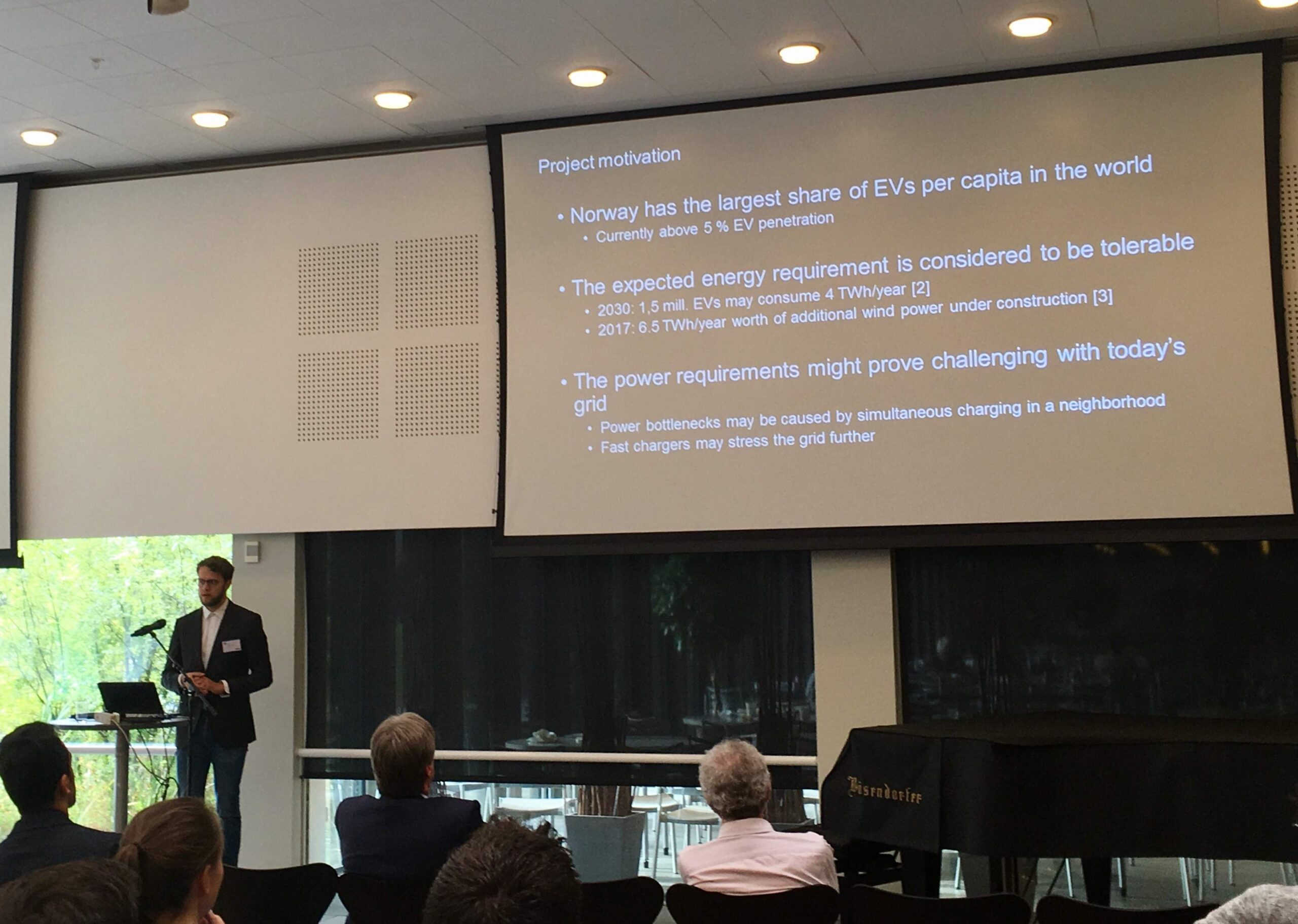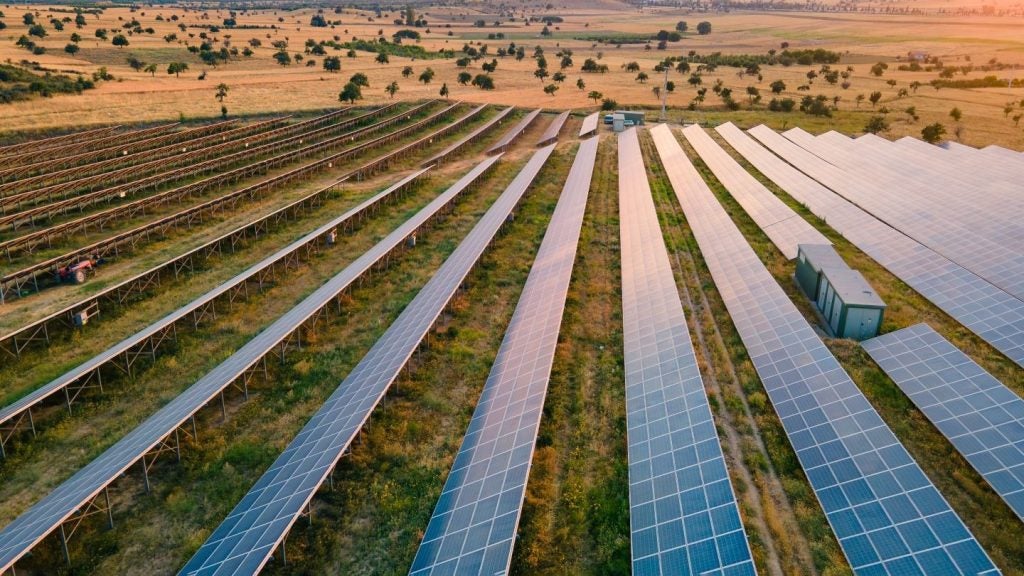
The seventh annual International Conference on Renewable Power Generation took place last week at the Danish Technical University in Copenhagen. Run by the Institution of Engineering and Technology, it brings together academics and businesses specialising in all things renewable.
This year there was a strong emphasis on managing renewables. As the percentage of wind and solar increases around the world, and in Europe in particular, many grid systems are struggling to cope with their intermittency. Currently 30% of power in Europe comes from renewables, compared with just 12% in 2000.
These struggles are likely to be compounded as more green technologies become commonplace, in particular the use of electric vehicles (EVs). To prepare for the expected influx of these energy-intensive technologies, and the fast-charger needed with them, we need more data around their usage. As more and more people switch to EVs in an effort to reduce carbon emissions, it will create dramatic peaks in demand, explained Martin Lillebo from the Norwegian University of Science and Technology, but if we know when these are likely to be, we can and should prepare.
Reactive distribution platforms are likely to play an important part in the management of such peaks. The National Grid and UK Power Network are already developing what will be the first reactive platform in the UK, for the south-east of the country. The £10 million, virtual power plant system will be able to manage distribution over vast areas, facilitating the switch from distribution network operators to distribution system operators over the next 12 years.
Elsewhere, there are a number of apps being designed and piloted to engage consumers and balance demand. Marieke van Amstel from the University of Twente highlighted a number of Dutch pilot projects in her talk ‘Evaluating flexibility values for congestion management in distribution networks’. Curiously, automation seems to be causing almost as many problems as it solves within such applications, particularly by creating bottlenecks. While apps like Your Energy Moment and Flex Power have seen some success, they will need to be refined to truly provide a solution to balancing demand.
Alongside work on balancing renewables, technological innovation for solar, PV wind and other is also steaming ahead, especially in Denmark thanks to projects like Energylab Nordhavn. Located on the coast in Copenhagen, Nordhavn is a full-scale smart city energy lab in which researchers are able to test a host of new technologies. Project manager Christoffer Greisen opened the conference with a keynote speech about the lessons learned to date from the Energylab project.
How well do you really know your competitors?
Access the most comprehensive Company Profiles on the market, powered by GlobalData. Save hours of research. Gain competitive edge.

Thank you!
Your download email will arrive shortly
Not ready to buy yet? Download a free sample
We are confident about the unique quality of our Company Profiles. However, we want you to make the most beneficial decision for your business, so we offer a free sample that you can download by submitting the below form
By GlobalDataRenewable Power Generation attracted researchers, engineers and business leaders, providing a rounded and in-depth look at the energy systems of today, and how we can improve them in the future.






